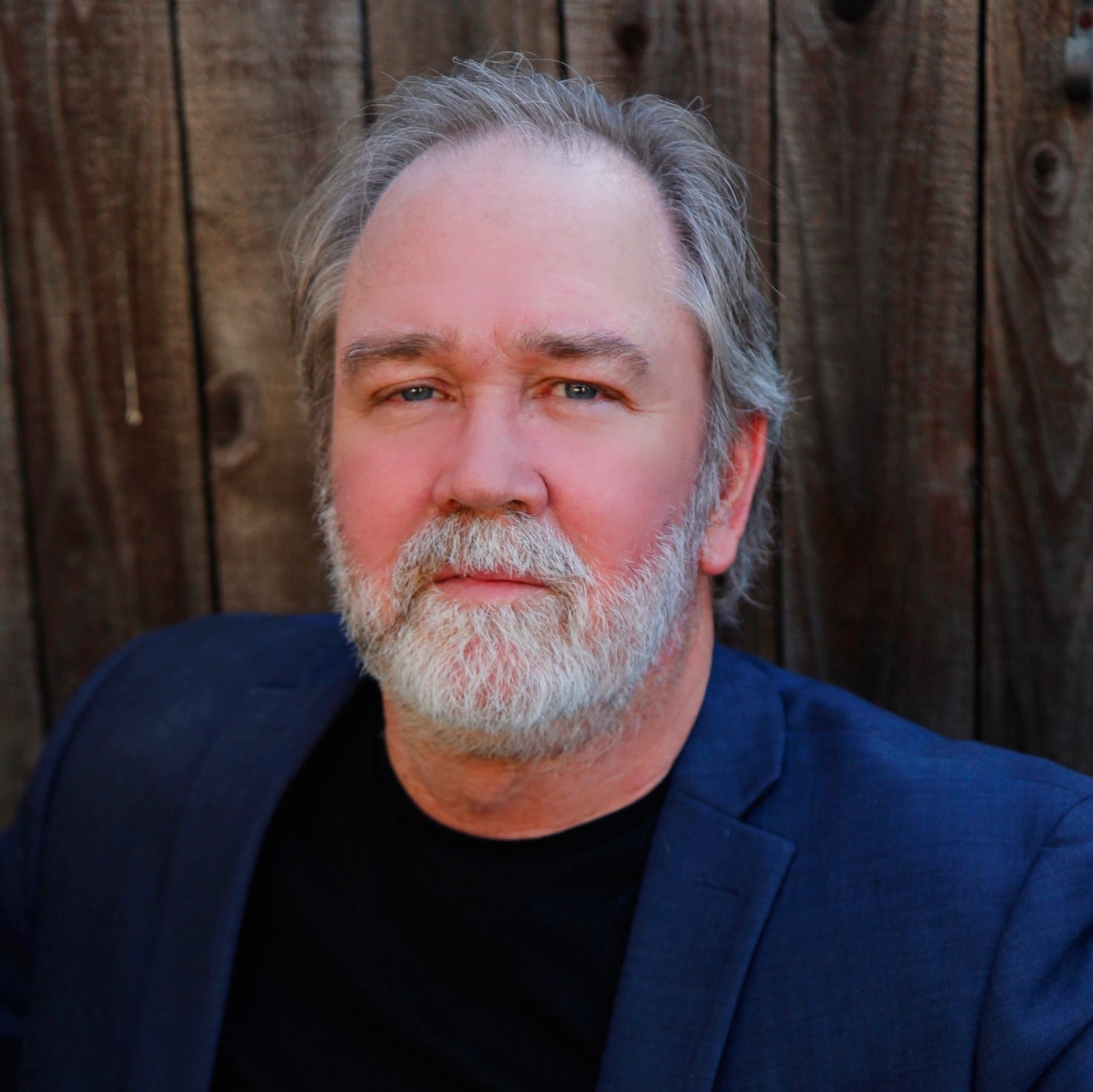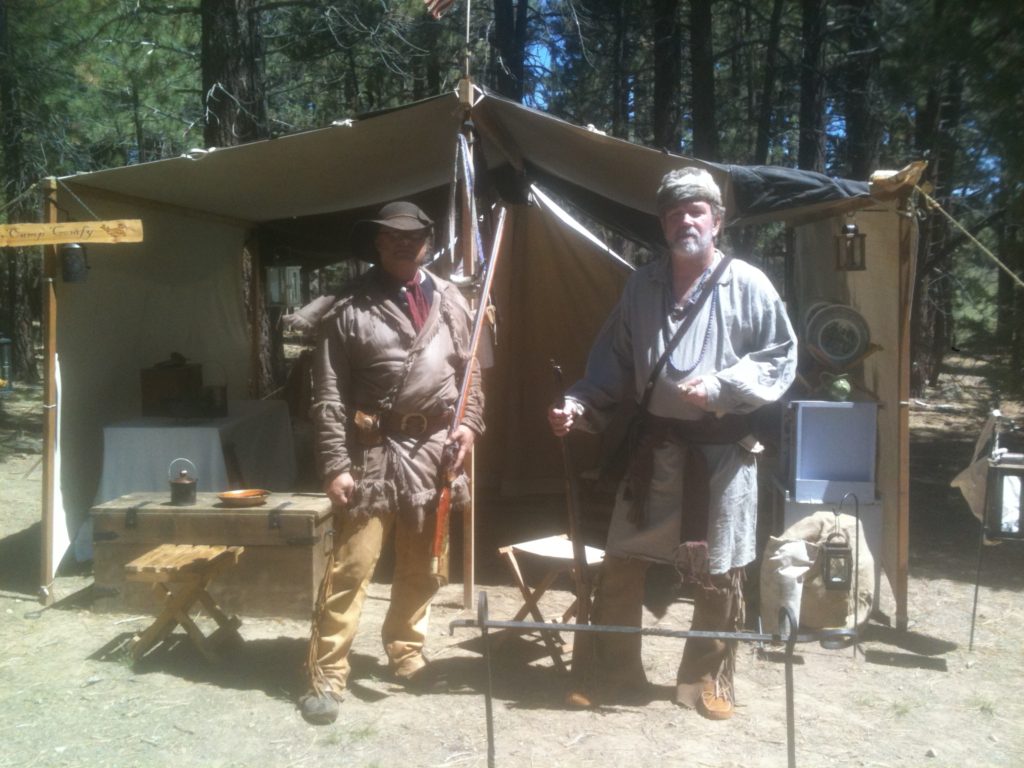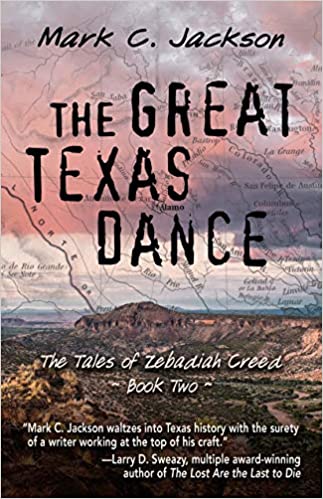Continued . . .
By the time I met Chet Cunningham in 2012 I had written the 600 word short story The Hanging, the 5000 word story tentatively called Zebadiah Goes to New Orleans and was 23,000 words into Zebadiah Goes to Texas. Chet loved the Hanging, hated New Orleans and I don’t think he ever read Texas. Based on the Hanging, he invited me to join the oldest writers group in the city that he founded in the 60s called The San Diego Professional Writers Group. Talk about being intimidated! These folks were real writers. For my first meeting, he told me to just show up and listen. Which I did. Two weeks later, at my second meeting, I read The Hanging for critique. Sitting there listening to these writers make the rounds, then read their latest chapters from their latest book, well . . . like I said, they were real writers! I nervously read my piece. Each person had something different to say as I feverously wrote down their comments. I still have the copies archived with Peggy, Tim, Jim, and Chet’s handwritten comments written on them. They said good work and invited me back in two weeks. I left thinking I may actually have something here.
Chet Cunningham wrote up until two weeks before he died in 2017. He was 88 years old. During his lifetime, he wrote and published at least 375 books. He wrote in all genres, fiction and non-fiction alike. He wrote a self-help medical book about his wife’s ailment. He wrote several books on WW2. He’d write the military fiction series Seal Team Six, then turn around and write The Executioner series under a pseudonym. The next week, he’d be writing the western series Spur. His daughter Christine Ashworth, a writer herself, told the story of him being asked by a publisher to write a book for a series under another author’s name. He placed tape across the door of his office and told his family to leave him be. He wrote the book on deadline, in five days.
For over 50 years, he never stopped making his living as a writer. Along the way, he was always generous with his time, sharing his deep experience and love for the written word to those of us who were absolutely willing to go to our desks every day and write. In my case, it was every evening for I worked a full time job.
Chet became my mentor and I became his friend.
Sometime after I joined the group, I wandered into our local Barnes & Noble. I thought, maybe there might be a magazine about writing. I found two, The Writers Magazine and Writers Digest. For the next six years, I made a pilgrimage to that bookstore to buy those magazines. I read them from cover to cover. This is how I learned the craft of writing.
To be Continued . . .


